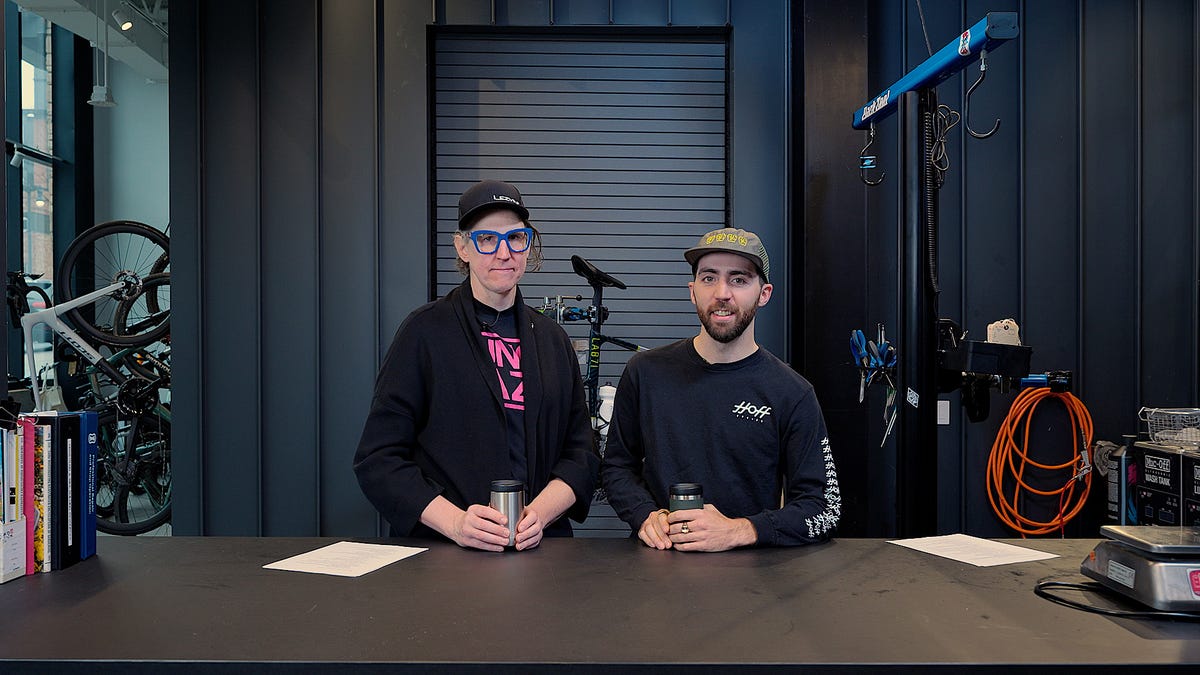Popular British cycling brand Rapha has reported an annual loss of £22.7 million ($29.5 million), a decline of more than £10 million from the previous year. The report covers the year through January 28, 2024. This marks the seventh consecutive year of losses for Rapha.
The cycling lifestyle brand, which posted pre-tax losses of £12 million in 2022-23, points to the challenges posed by the post-pandemic cycling industry along with the impact of the closure of a pair of vital warehouses over the last year. However, the closure of those warehouses, while coming at what Rapha describes as an “exceptional cost,” has reportedly improved logistical efficiency and lessened significant overhead costs for the brand, which has been held under the company Carpegna Ltd since 2017.
According to the report, the “exceptional cost” of closing and moving warehouses came out to around £2.9 million ($3.5 million).
“Rapha has continued to strengthen its core business operations, returning to a positive EBITDA (earnings before interest, tax, depreciation and amortization) pre-exceptional items position,” direct Sean Clarke said on behalf of the company’s board. “Marketing and product teams remain focused on making the Rapha brand more visible and engaging to cyclists, as well as delivering a steady stream of product innovation to increase customer lifetime value.”
Clarke added that these losses come “against the backdrop of an ongoing turbulent and competitive post-pandemic cycling sector, as well as decreased confidence in several key markets.”
Meanwhile, the company says that its fiscal goals remain focused on increasing profits rather than simply surviving the immediate future, as the latest report from the Confederation of the European Bicycle Industry suggested earlier this year.
“The management team remains focused on further improving business profitability and resilience while the sector remains challenged,” Clarke said. “Meanwhile, our marketing, creative and product teams continue to strive to make the Rapha brand more visible and engaging to cyclists, as well as delivering a steady stream of product innovation to increase customer lifetime value.”
However, the last time the clothing brand has posted pre-tax gains was in 2017, when it reported an increase of £1.4 million ($1.7 million).
While the £22.7 million loss may seem staggering, it isn’t the most the brand has lost over a year. In 2019, Rapha reported losses of £32 million ($41 million).
Rapha was founded in 2004 by Simon Mottram and Luke Scheybeler as an alternative to the staid industry of cycling kit and accessories. The brand exploded over the next decade, becoming one of the most popular cycling outfitters on Earth, before being sold to RZC Investments—a private equity firm own by a pair of heirs to the Walmart fortune—in 2017 for more than £200 million.
Michael Venutolo-Mantovani is a writer and musician based in Chapel Hill, North Carolina. He loves road and track cycling, likes gravel riding, and can often be found trying to avoid crashing his mountain bike.














